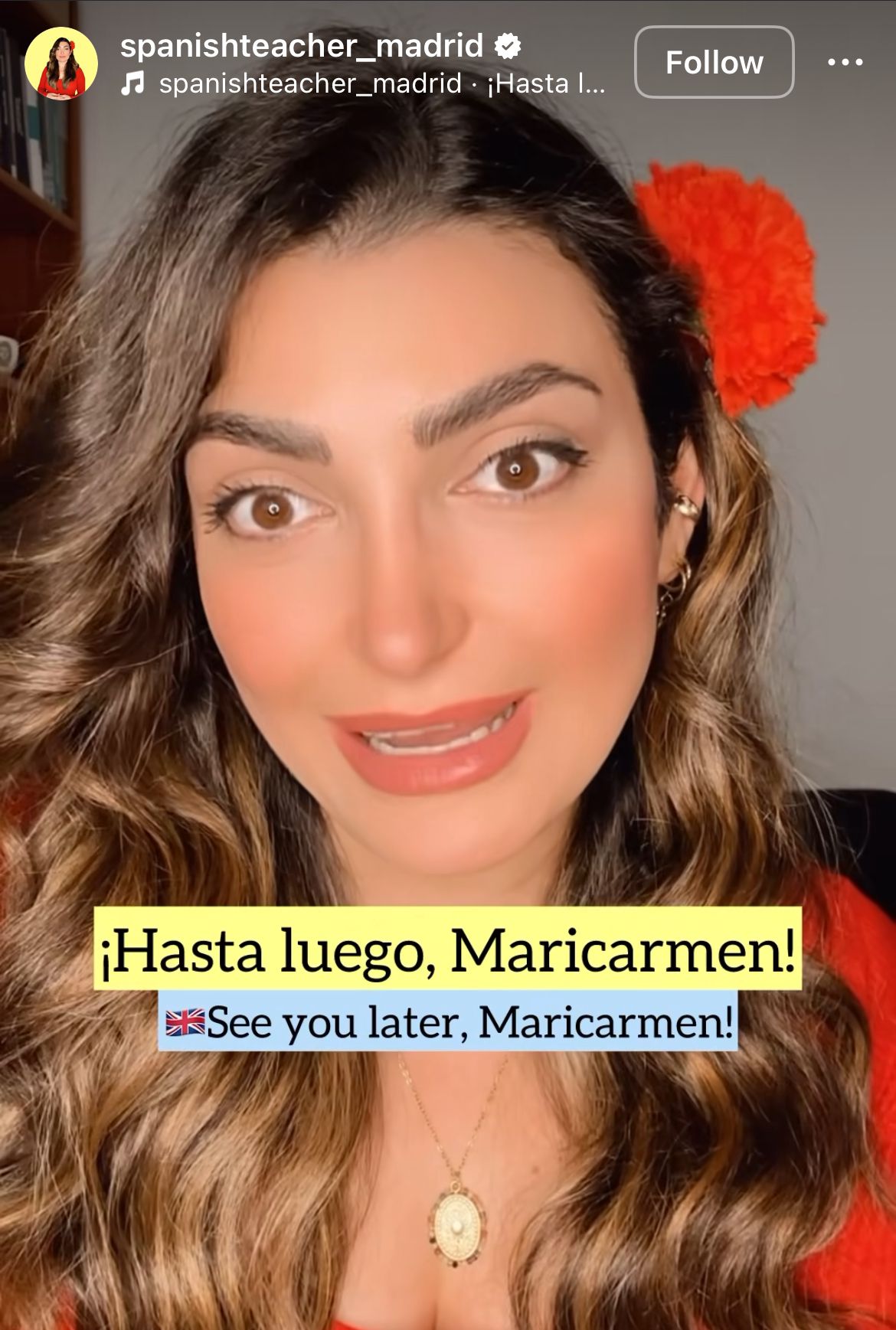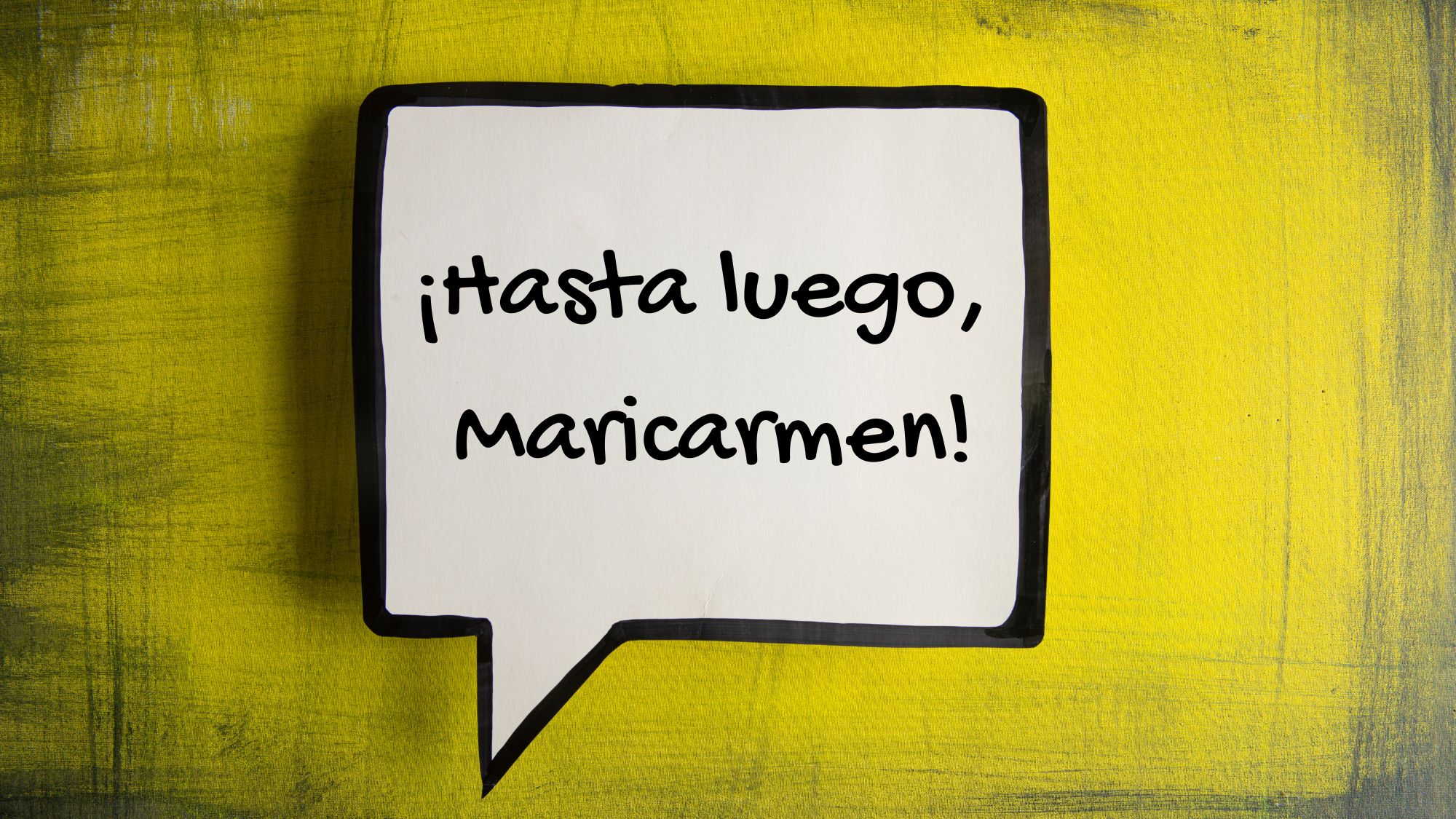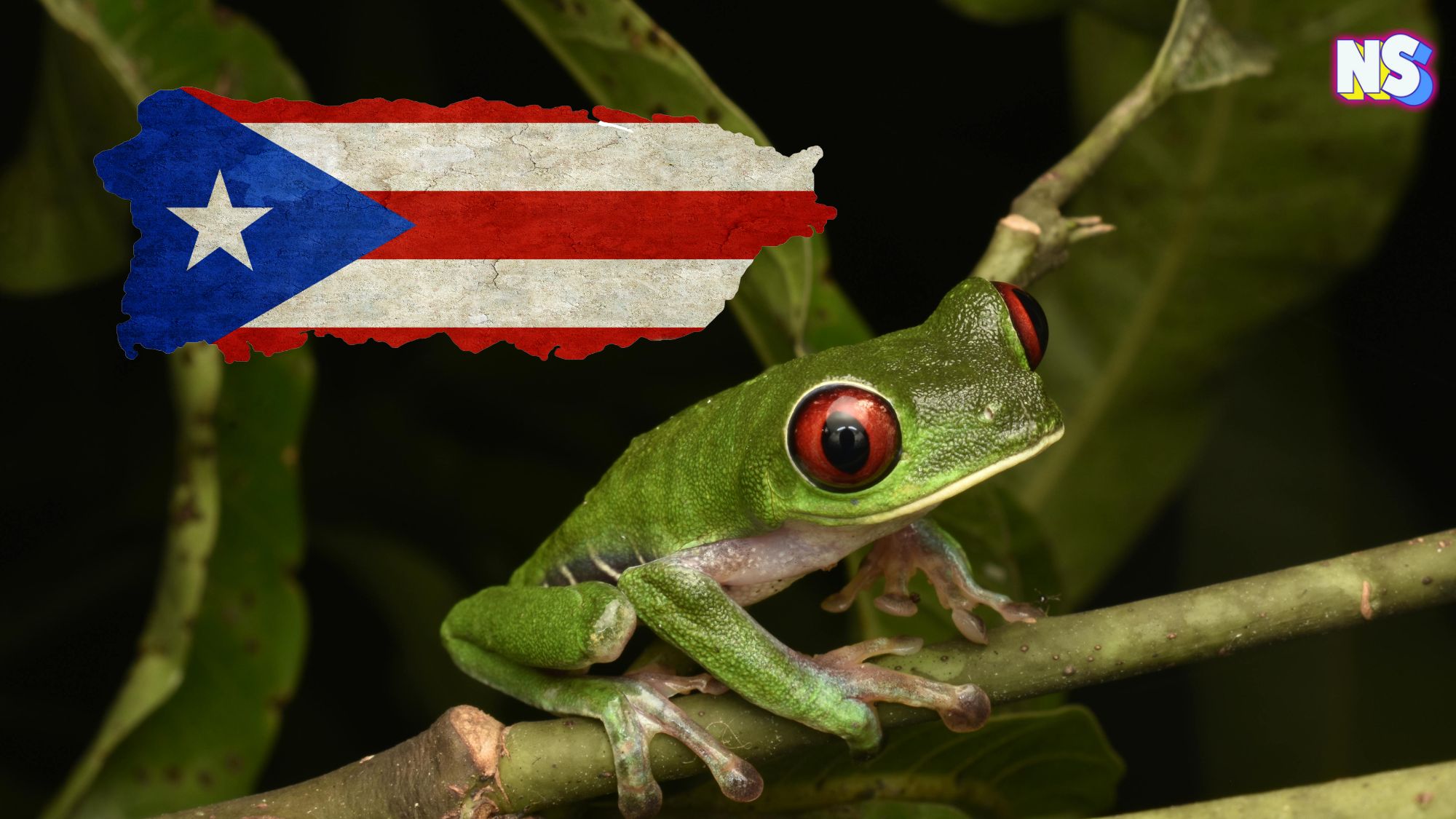In the United States, we have our Felicias and our Karens. You know them. They’re labels we give to women (and, now, sometimes men) when they’re annoying in one way or another. You know what I mean. Done with a conversation? Just say “Bye, Felicia.” At the grocery store behind a woman who is demanding to speak to the manager? You’re dealing with a Karen. But what if you’re frustrated and want to cut a conversation short? This is where a Spanish favorite, “Maricarmen,” comes in. Just say: “Hasta luego, Maricarmen,” and, chances are, most Spanish speakers instantly know what you mean.
The Rise of ‘Hasta Luego, Maricarmen’
“In Spain, we don’t say I’m done with this conversation and this awkward situation, and I don’t want to see you again,” Online Spanish Teacher and Influencer Maryam Esmaelpour explains. “Instead we say ‘Hasta luego, Maricarmen.’ And I think it’s beautiful.”
In the last five years, the phrase “Hasta luego, Maricarmen” has been featured everywhere in Latin America. From reality shows to social media to its own song, written and performed by the Spanish group Tarifa Plana.
The Popularity of ‘Hasta Luego, Maricarmen’
A few months ago, Spanish journalist and television personality Cristina Porta brought “Hasta luego, Maricarmen” to an international audience after using the phrase on “La Casa de los Famosos,” the Spanish version of “Celebrity Big Brother.” She was so tied to the phrase that she recently appeared on a Puerto Rican Telemundo segment to explain the phrase.
“We say it all the time. Where did it come from?” the Telemundo host asks Porta.
“In Spain we say it a lot. I think it’s a phrase that started on television. It’s when someone is done with everything and you want to send someone to a paseo. You say ‘hasta luego, Maricarmen,’” Porta explains.
But where did the Spanish language phrase that has become viral in Latin America actually come from?
@telemundopr Cristina explica en Alexandra a las 12 lo que significa la expresión “Hasta luego, Maricarmen”. #telemundopr #telemundopuertorico #lacasadelosfamosos #lcdlf4 #cristinaporta
♬ original sound – Telemundo PR – Telemundo PR
Meet the Woman Who Started it All, Belén Esteban
The phrase was created by Spanish Businesswoman, Actress, and Television Personality Belén Esteban when she co-hosted the Spanish TV talk show Sálvame. Sálvame is a popular Spanish television program that aired on Telecinco until 2023. The talk show, which moved to Netflix, has a gossip format that focuses on celebrity news, entertainment, and personal stories, often involving controversies and scandals within the Spanish entertainment industry. A writer for the Spanish site Opera sums up Sálvame as “The Quintessential ‘Trash TV’ Show of the Last Decade in Spain.”
The catch phrase came from Esteban who ended a conversation with a camera operator named “Maricarmen.”
@soykhotan PORQUE SE USA LA FRASE ESPAÑOLA ????????: “Hasta Luego, Maricarmen” y donde nace. Viral en AMERICA LATINA gracias a LCDLF4/ CRISTINA. #hastuegomaricarmen #españa???????? #lcdlf4 #latinos
♬ sonido original – SOY_KHOTAN
“Mari Carmen was a camerawoman, and Belén jokingly said it to her every time she passed by on set,” YouTube channel La esquina de la farándula explains. “Like all things that go viral, this phrase was perfect for creating a meme. The ingenuity of Twitter users was impressive, and they even managed to compile in a single video all the time Belén Esteban repeated the phrase in just one week on her show.”
And the rest is history.
Oh, and if you don’t like this write up about this popular phrase in Latin America, I have just one thing to say. Yeah, you guessed it. Hasta luego, Maricarmen. (Just kidding.)





